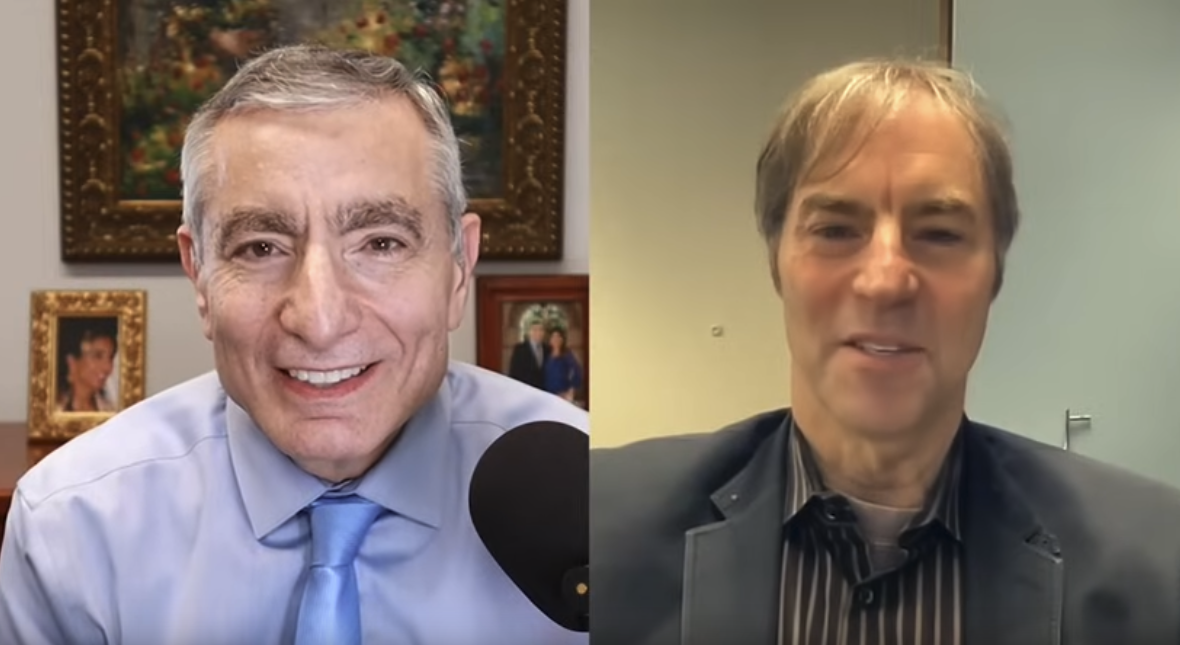

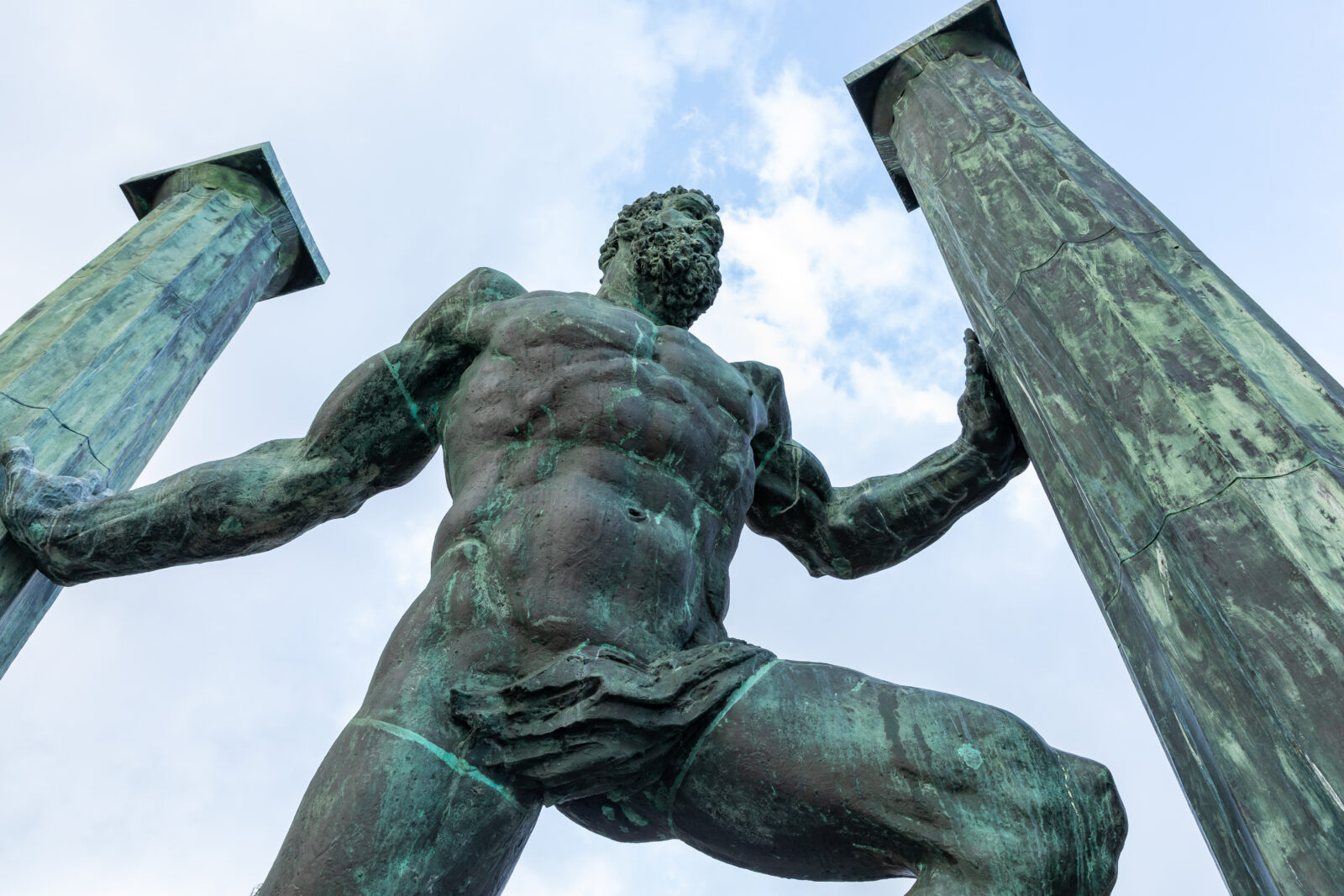
Evolution’s Demigods: Reviewing the Tour/Cronin Debate
Do biologists give too much credit to natural selection and self-organization? What are the limits of a materialist approach to science? On this ID The Future, we bring you the second half of a panel discussion reviewing the recent debate between Rice University chemistry professor Dr. James Tour and University of Glasgow professor of chemistry Dr. Lee Cronin. In November 2023, Dr. Tour and Dr. Cronin participated in a roundtable debate on origin-of-life studies at Harvard University with a live audience of Harvard faculty and guests. Even if you haven’t seen the debate yet, you’ll get valuable insight into the state of origin-of-life research from this panel discussion, featuring three of our own: scientist and attorney Casey Luskin, physicist Brian Read More ›
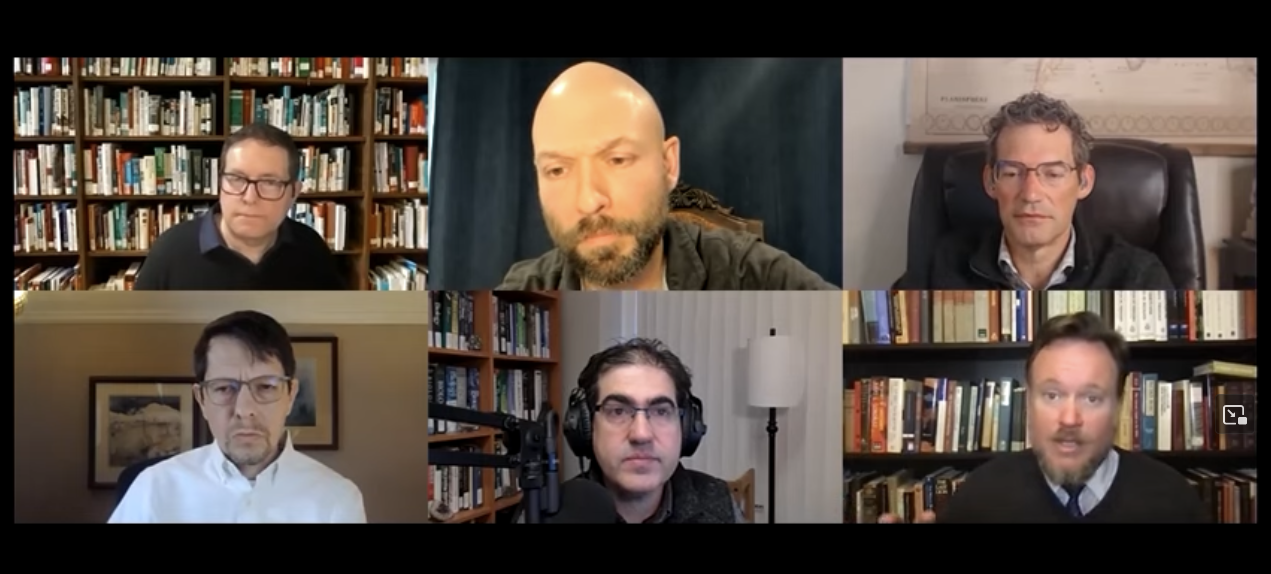
Debate Review: Jim Tour vs Lee Cronin at Harvard
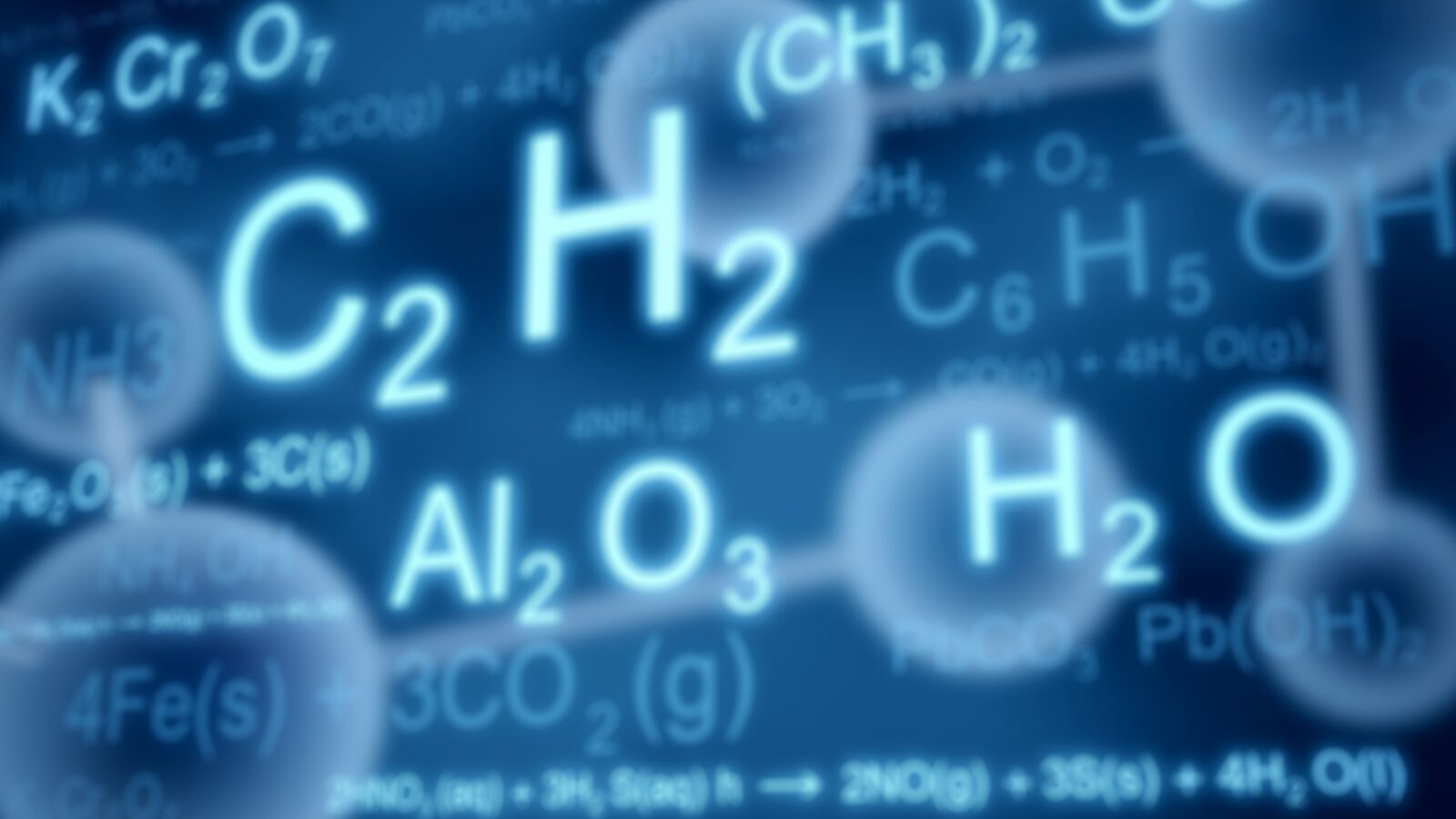
Why Hands-On Chemistry Experiments Can’t Simulate A Prebiotic Earth

Smoke & Mirrors: Tour and Meyer Assess Origin of Life Experiments
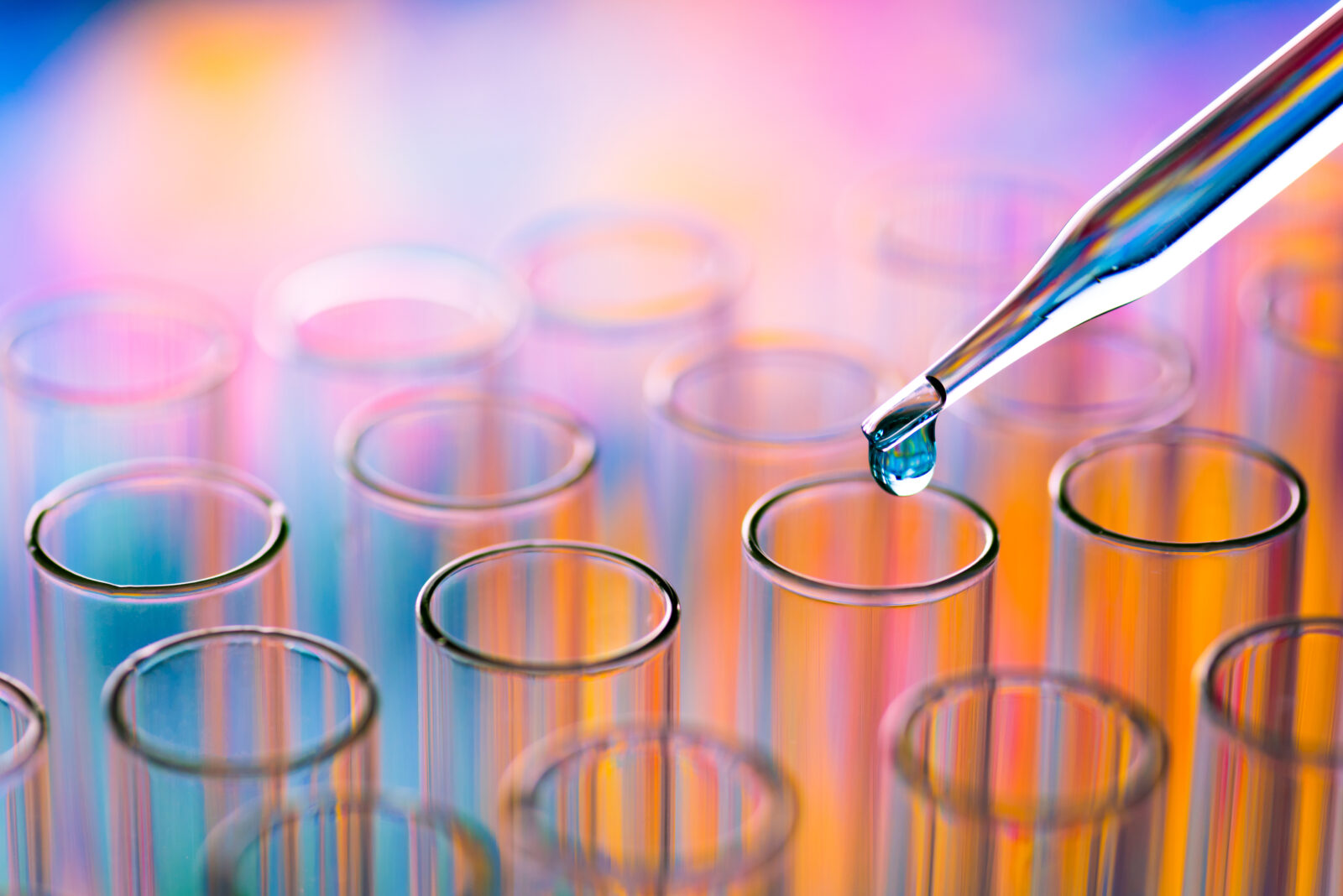
Extravagant Claims: James Tour & Stephen Meyer Critique Origin of Life Research
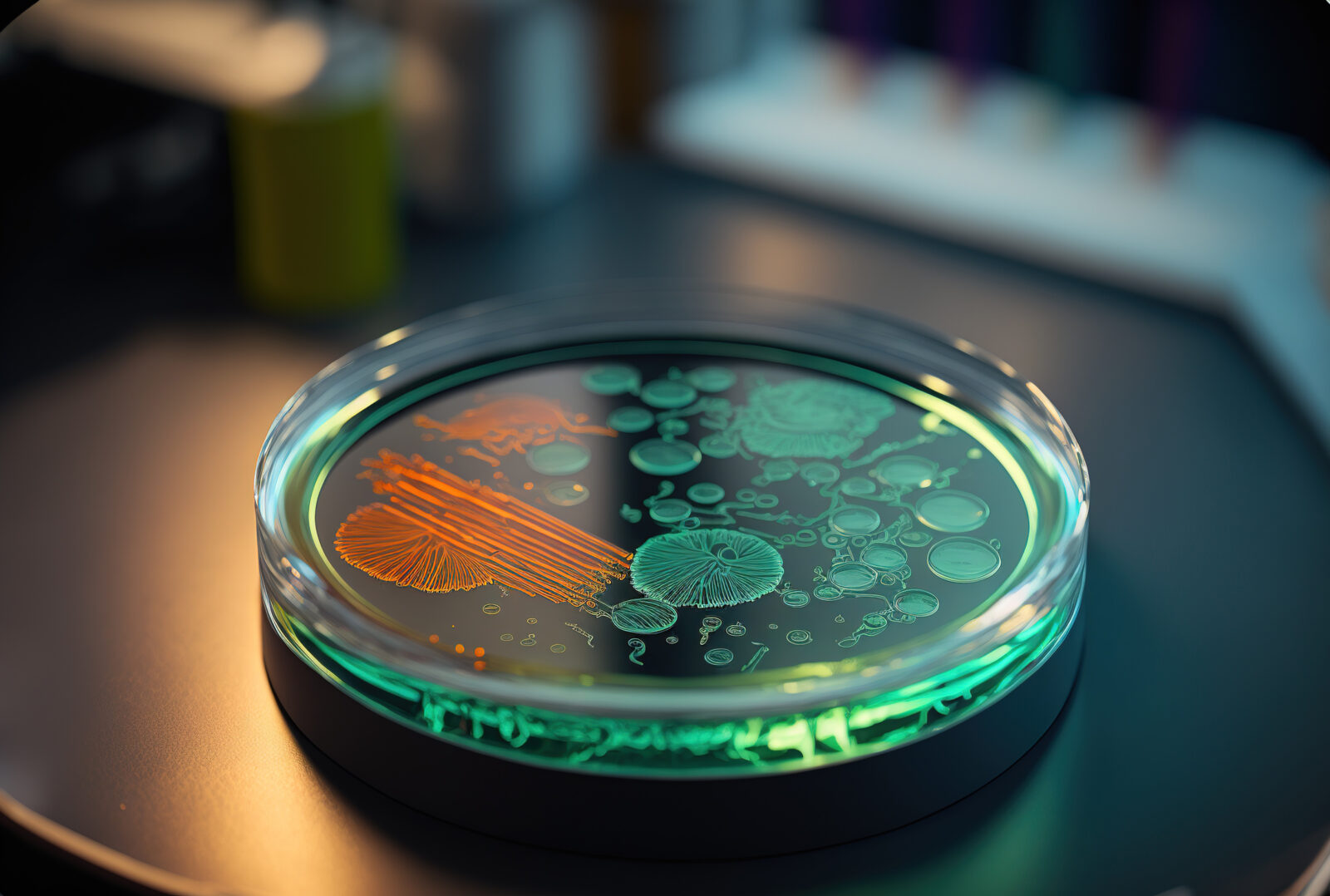
James Tour and Stephen Meyer Bring Clarity to Origin of Life Debate

David Berlinski on Chickens, Eggs, Human Exceptionalism, and a Revolution

James Tour: The Goalposts are Racing Away from the Origin-of-Life Community
On today’s ID the Future distinguished nanoscientist James Tour explains to host Eric Metaxas why the origin-of-life community is further than ever from solving the mystery of life’s origin, and how the public has gotten the false impression that scientists can synthesize life in the lab. Tour explains that origin-of-life scientists aren’t even close to intelligently synthesizing life from non-life in the lab. The problem, Tour says, is that some leading origin-of-life researchers give the impression they are right on the cusp of solving the problem. Not so, Tour says. He offers the analogy of someone claiming, in the year 1500, that he has the know-how to build a ship to travel to the moon, when no one yet knows Read More ›
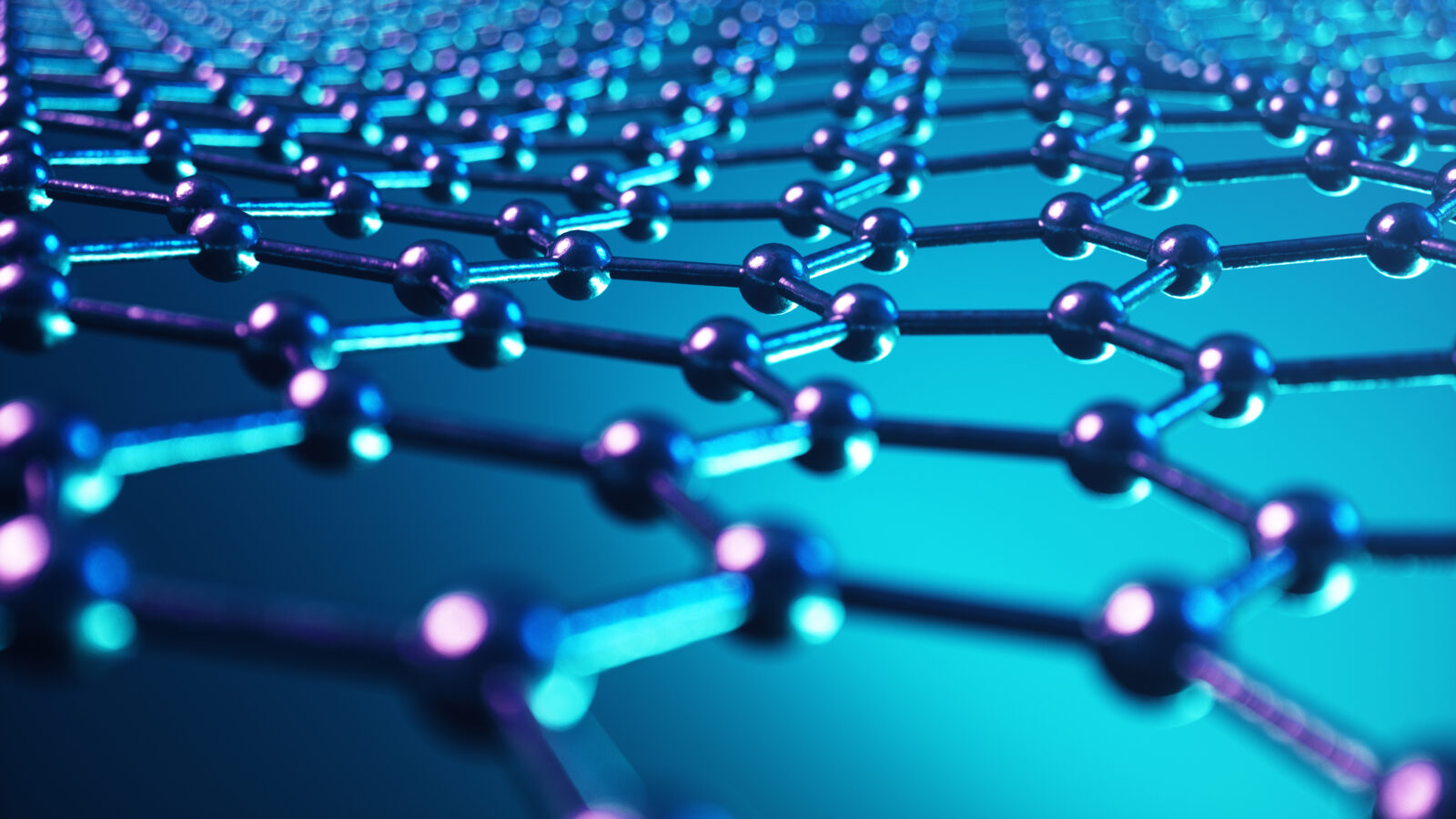
James Tour Talks Nanotech at Socrates in the City
Today’s ID the Future features the first part of a conversation between James Tour and Socrates in the City host Eric Metaxas on Tour’s astonishing work in nanotechnology and on the topic “How Did Life Come into Being?” Tour is the T. T. and W. F. Chao Professor of Chemistry, Professor of Computer Science, and Professor of Materials Science and Nanoengineering at Rice University. He is widely regarded as one of the world’s leading nano-scientists. This event took place at the River Oaks Country Club in Houston, Texas, and is presented here with permission of Eric Metaxas. Here in Part 1, Tour explains some of the inventions coming out of Tour’s Rice University lab, including molecular cars and astonishing graphene Read More ›